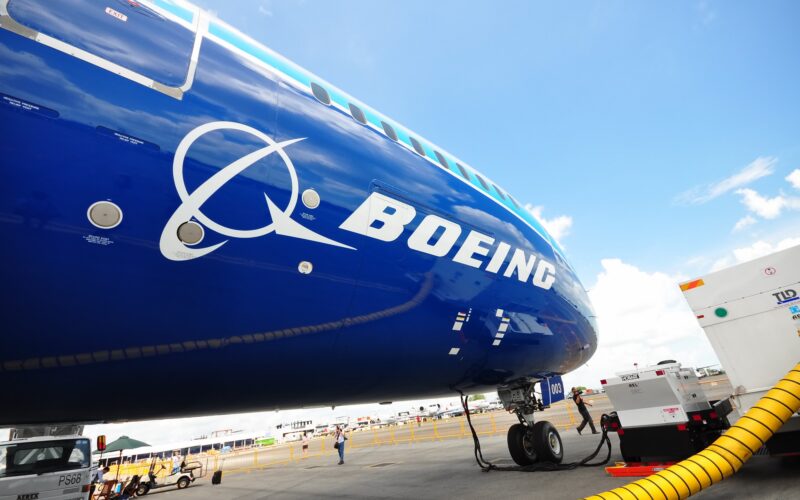Boeing has publicly launched its Cascade tool, aimed at helping stakeholders to easily calculate the effects of their sustainability efforts.
The data modeling tool will allow people to calculate the effects of their climate-friendly solutions, helping stakeholders find the most efficient ways to reduce emissions in the aviation industry.
Cascade analyzes the full cycle of alternative energy sources, including the production, distribution and use, and quantifies the impact of those sources. Data can also be used to measure how efforts like fleet renewal, operational efficiency improvements, renewable energy sources, future aircraft, and other market-based initiatives can help the industry reduce its emissions.
“We created Cascade to serve as an industry tool that creates a common framework among aviation, energy, finance and policy,” said Chris Raymond, the Chief Sustainability Officer at Boeing.
According to Raymond, putting data first and making Cascade available to the public will enable “collaboration, feedback and alignment across industry, government and others who work together to achieve a more sustainable aerospace future”.
Boeing highlighted these key findings from Cascade:
- Aviation’s transition into net-zero emissions depends on the overall energy transition, meaning that production, distribution, and storage must also be considered in addition to using those alternative energy sources.
- Sustainable Aviation Fuel (SAF) will be the biggest contributor to a more environmentally friendly industry, since it can be used interchangeably with jet fuel on new and older aircraft models.
- Electric and hydrogen-powered aircraft’s long development timeframes and required infrastructure changes will likely hinder their positive emissions impact.
- Fleet renewal with the newest aircraft will significantly impact emissions.
“The Cascade User Community will ensure the tool and data sources continue to get feedback and evolve for informed and effective discussions towards achieving net zero emissions by 2050,” Raymond added.
Boeing highlighted that the user community includes the International Air Transport Association (IATA), NASA, University of Cambridge’s Aviation Impact Accelerator, and the MIT Laboratory for Aviation and the Environment.
Meanwhile, Neil Titchener, the Program Leader of Cascade, noted that the tool “helps airline operators, industry partners and policymakers see when, where and how different fuel sources affect their sustainability goals”.
“Our industry has really hard questions ahead of us, we’re going to have to make difficult choices. Cascade can be the conversation starter for how each decarbonization pathway can help us reach a more sustainable future,” Titchener.

